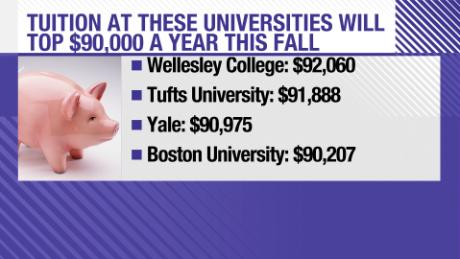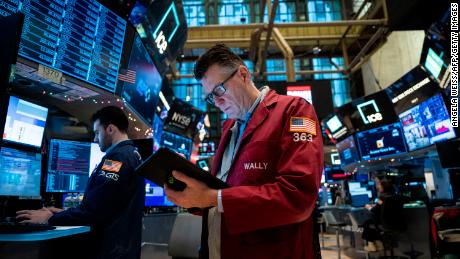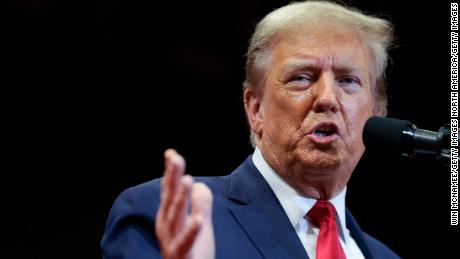New York (CNN Business)A major WeWork investor plans to inject $2 billion more into the company тАФ a fraction of what was once reportedly on the table.
The investor, SoftBank, had considered investing as much as $16 billion into WeWork this year, The Financial Times reported Monday. The publication was the first to report the size of the new, planned investment.
A person familiar with the deal confirmed the new investment size to CNN Business. The source said it is expected to close this week.
The larger $16 billion amount would have given SoftBank a controlling stake in the WeWork, and would have required it to buy out other investors.
The planned investment is from SoftBank, not its SoftBank Vision Fund. The SoftBank Vision Fund, with nearly $100 billion, has been a powerful vehicle for SoftBank CEO Masayoshi Son to invest in tech startups like WeWork and Slack. The Vision Fund is bankrolled in part by the Saudi government.
WeWork declined to comment. SoftBank did not immediately respond to request for comment.
WeWork, which is known for its coworking spaces, prides itself on helping to set the corporate culture for the entrepreneurs and businesses that use its facilities. The company has biggest ambitions, too. WeWork opened a gym business, turned a Wall Street mailroom into a public speakeasy bar, and recently opened a school inside its New York City headquarters.
WeWork is valued at $42 billion, a spokesperson for WeWork told CNN Business in November. At the time, WeWork had just signed a $3 billion warrant with SoftBank that gave the conglomerate the ability to buy WeWork shares for $110 a piece before September 2019 тАФ whether WeWork goes public, raises another $1 billion in funding, or gets acquired.
Founded in 2010, WeWork has already raised $10.6 billion. Nearly $9 billion of that is from SoftBank.
It's not clear what kind of effect a fresh $2 billion from SoftBank could have on WeWork's future plans. WeWork executives have previously expressed interest in going public, though the company hasn't provided a timeline.
Several big, privately held companies, including Uber, are expected to make initial public offerings this year. Experts suggest that such plans will spur investors to more heavily scrutinize the business fundamentals and valuations of these companies.
A WeWork investor deck seen by CNN Business in November outlines the company's financial health: WeWork losses totaled up to $1.2 billion in the first nine months of 2018; sales totaled $1.5 billion during the same period.
The company said in the deck that enterprise companies such as Microsoft and Bank of America make up a growing portion of its memberships тАФ 29% in the third quarter of 2018, up from 25% one quarter prior.



















